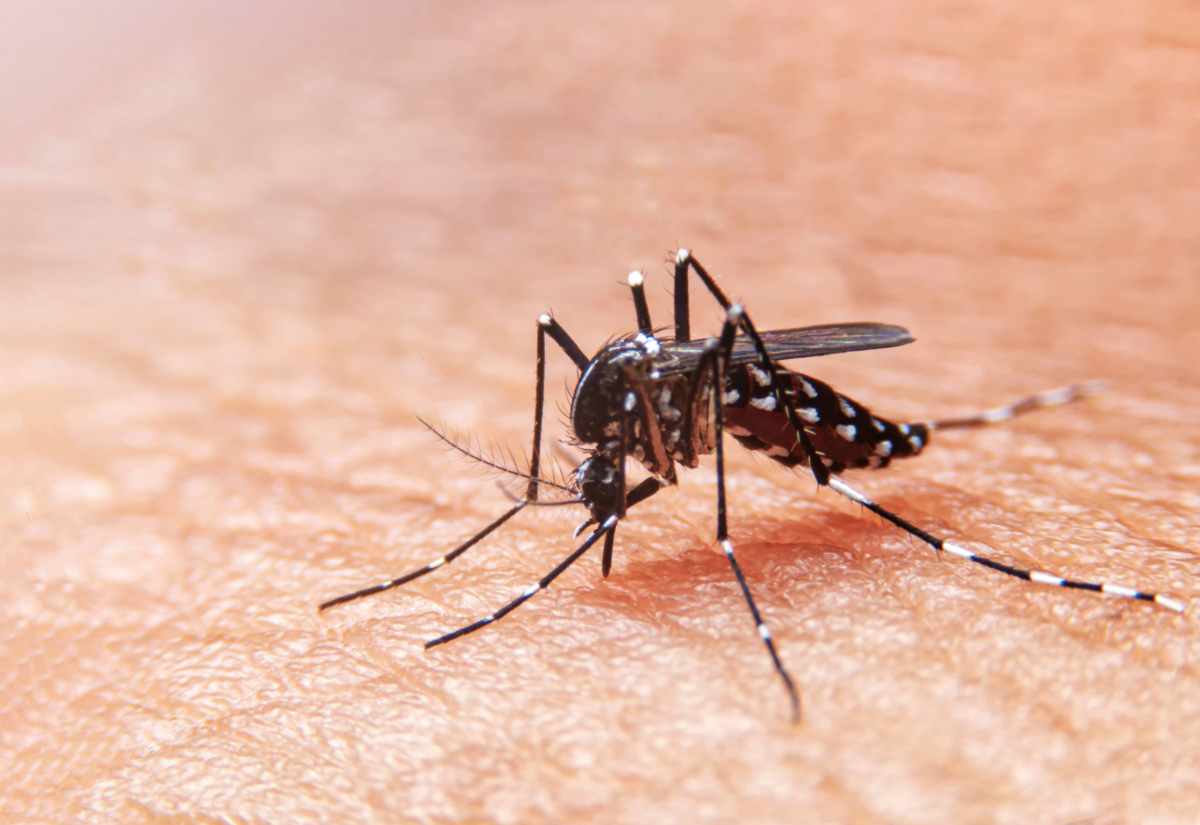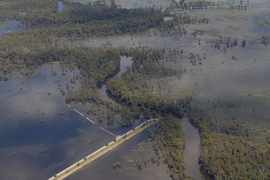Protecting Yourself from Mosquitoes
Cheyenne Hurst
08 January 2025, 7:00 PM

Mosquitoes, those pesky little insects, can more than just be an annoyance. A number of mosquito-borne viruses have been identified in NSW: Japanese encephalitis, Ross River virus, Murray Valley encephalitis, Kunjin virus and Barmah Forest virus.
Take extra care during peak mosquito activity times to reduce the risk of infection. In NSW, most mosquitoes become active at dawn and dusk, and into the evening. Avoid the outdoors during these times or take preventive actions (such as appropriate clothing and skin repellent).
How to Protect Yourself:
Use Insect Repellent:
- Choose a repellent containing DEET, picaridin, IR3535, or oil of lemon eucalyptus.
- Apply repellent according to the product label's instructions.
- Reapply repellent every few hours, especially after sweating or swimming.
Wear Protective Clothing:
- Wear long-sleeved shirts, long pants, and socks to cover exposed skin.
- Choose light-colored clothing, as mosquitoes are more attracted to dark colors.
Reduce risk at home and on the farm:
- Using insecticide sprays and vapour dispensing units in areas where mosquitoes like to rest
- Replace flyscreens if they have holes in them
- Keep lawns and green areas tidy
Eliminate Standing Water:
- Mosquitoes breed in stagnant water, so empty any containers that can hold water, such as flower pots, bird baths, and old tires.
- Clean gutters and repair leaky faucets.
Use Mosquito Nets:
- If you're sleeping outdoors or in a poorly screened area, use a mosquito net to protect yourself.
Consider Professional Pest Control:
- If you have a serious mosquito problem, consider hiring a professional pest control service to treat your property.
By taking these simple steps, you can significantly reduce your risk of mosquito bites and the diseases they carry. Stay safe and enjoy the outdoors!
Taking care of mosquito bites
Most mosquito bites can be managed by washing the bite area with soap and water or by applying ice packs to reduce pain and swelling. Antihistamine creams may also relieve itching. Make sure you follow the directions on the product label.
Avoid scratching the bite as it can break the skin and lead to a wound and/or infection. Symptoms of an infected bite include swelling, pain, redness and inflammation. If you think a bite is infected, seek assistance from a pharmacist.
If after a mosquito bite, you develop a rash, flu-like symptoms such as fever, chills, headaches, joint or muscle pains (swelling or stiffness), fatigue, or you generally feel unwell, contact a doctor right away, or visit your nearest emergency department.
For more information, Visit the NSW Government site: https://www.health.nsw.gov.au/Infectious/factsheets/Pages/mosquito.aspx
COMMUNITY



